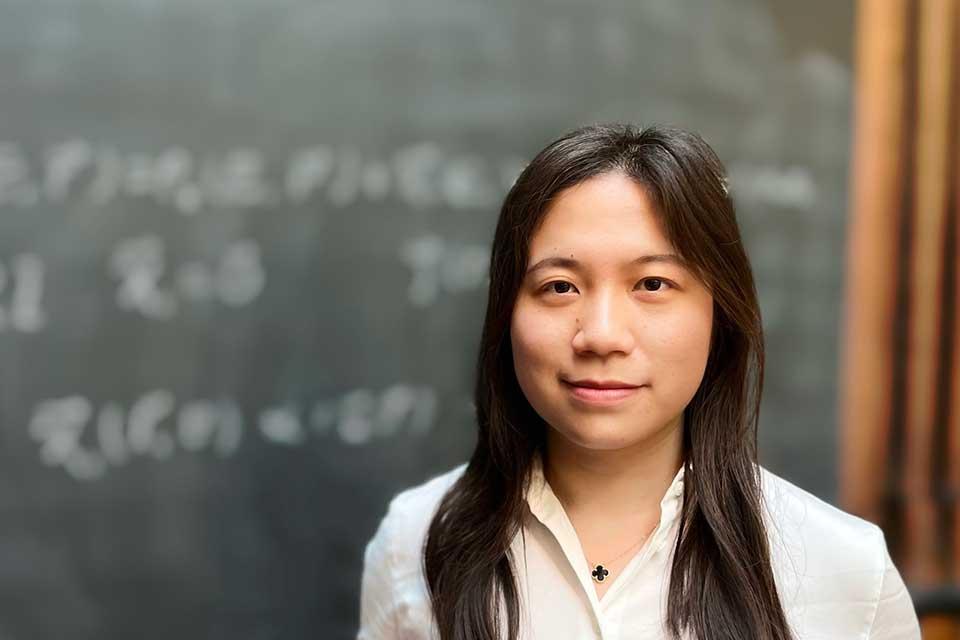Dr Shuqiu Wang has been awarded the Oxford Instruments Nicholas Kurti Science Prize for Europe 2024. The award recognises Dr Wang’s work in atomic-scale visualisation and identification of electronic structures in p-wave topological superconductors at millikelvin temperatures. Her research contributions are advancing the study of unconventional superconductivity through state-of-the-art experimental techniques – the combination of dilution refrigerator and scanning tunnelling microscope.
Dr Wang, now Assistant Professor in Physics at the University of Bristol, joined the University of Oxford as a postdoctoral researcher in 2019 where she served as lead postdoc until December 2023: 'I am thrilled and honoured to join the distinguished recipients of the Nicholas Kurti Prize. It encouragingly validates both the scientific and engineering aspects of experimental physics. I am deeply grateful to the brilliant and intelligent scientists—my advisers and colleagues—with whom I have worked with. Their guidance and collaboration have been invaluable in helping me receive this wonderful recognition.'
Dr Wang’s research has made significant contributions to the field. Her work has had a strong impact in the field of topological quantum matter, representing a breakthrough in identifying an unprecedented quantum state – a topological pair density wave, the spin-triplet superconductor UTe2. Her research in orbital ordering has also opened doors to a unified explanation of high-temperature superconductivity.
Matt Martin, Managing Director at Oxford Instruments NanoScience said, 'It is always a privilege to support the work of outstanding young scientists, and Dr Wang is no exception; her contributions to the field of low-temperature physics and their implications for the development of technologies like quantum computing make her a very worthy winner of this year’s prize.'
Dr Wang has 11 first-author papers and four corresponding authors to her name, in journals including Nature, Science, Nature Materials and Nature Communications. Alongside this, she has also conducted over ten invited talks at leading institutions and international conferences, such as the APS March Meeting, and at Harvard, MIT and University of California Berkeley.

